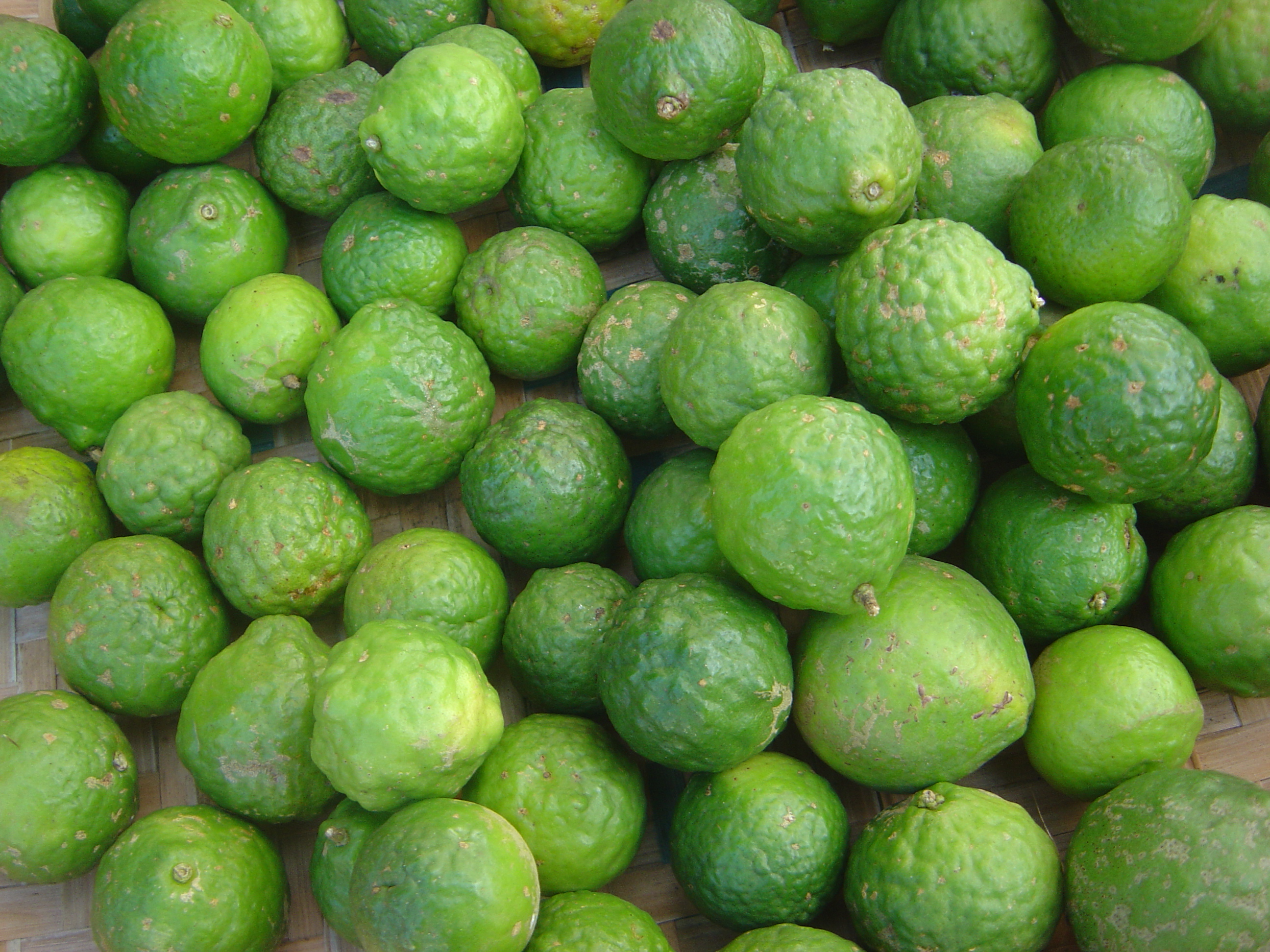No, there's no connection at all as far as I know..
If you spelled the word meringue as it's pronounced, m'rang, then you'd think it was a word of central Africa.
It's actually French.
(If you complain about English spelling, then French spelling is, I find, approximately eight times more baffling (though extremely logical and elegant etc etc, says she, hurriedly).)
Anyway, meringue is wonderful stuff, originally made of egg white and fine sugar beaten until it's a froth of air bubbles:

photo by Ruth Hartnup
but now quite likely to be made of the water from a tin of chick peas (no, it really works), or of netting and tulle:

Debbie Reynolds. Photo by Larry Barbier
Although the word meringue is French, méringue is something different. A méringue is a dance based on the European contredanse and influenced by Afro-Caribbean traditions from Hispaniola. It's the national dance of Haiti, and involves being very light on the feet:
(NB: it's different from the dance called a merengue.)
Sweetness and dance.
What a pity it sounds like something so much heavier.
Word To Use Today: meringue. Claims have been made that meringues were invented in the Swiss town of Meiringen - but then they would say that, wouldn't they.
The word first appeared in French at the end of the 1600s, though under the name of pets, or white biskit bread, they were made in England (and elsewhere) much earlier.
No one is sure where the word comes from, but the dance is named after the pudding.

















